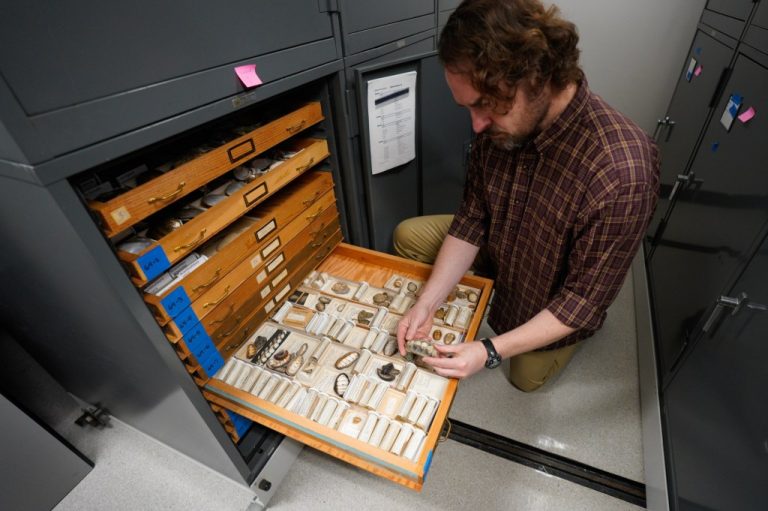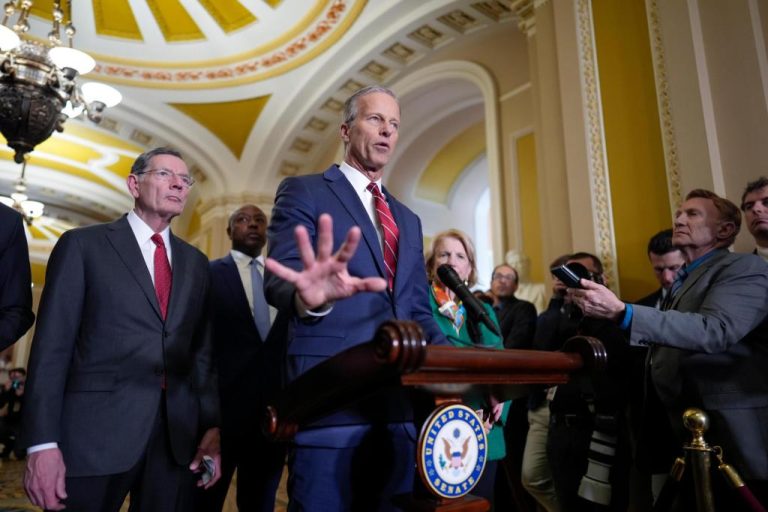

According to a newly announced agreement with its lenders, Palomar Health has two years to turn its finances around, though judging by its latest financial statement, the North County medical provider is not yet making significant progress toward that goal.
On Friday, Palomar’s elected board spent four hours reviewing operations, starting with the positives, such as adding 24 more beds on the ninth floor of Palomar Medical Center Escondido to relieve pressure on the hospital’s crowded emergency department and investing in new equipment to help bring in new interventional cardiology cases.
But those who hung in for the financial report saw that the public health care district’s hospital operations suffered a $22 million operating loss from July 2004 through October 2024, with a similarly sized shortfall reported in Palomar’s affiliated medical group.
Though more than $20 million of that total accounts for the depreciation of Palomar’s assets and thus is not a cash loss, the results still are not proving out budget estimates, translating to a “really challenging start to the fiscal year,” said Palomar Chief Financial Officer Andrew Tokar.
Palomar posted a $165 million operating loss in its previous fiscal year, which ended in June 2024. Results failed to meet bond covenants for more than $700 million borrowed against future revenue, triggering an uncomfortable conversation between the medical provider and the insurance company that protects investors. Those bond buyers technically have the right to demand accelerated repayment of the bonds due to the covenants being broken, but Palomar’s board approved the negotiation of a forbearance agreement in order to prevent a payment large enough to cause bankruptcy.
U.S. Bank notified investors late Thursday that the agreement is complete. Though a complete copy of the document was not provided, and Palomar administration did not respond Friday afternoon to a request for a copy under the Public Records Act, the full contents of this pact remain under wraps. However, investors were provided with a description of its contents, indicating that Palomar has “agreed to retain and thereafter continuously employ a turnaround officer and certain additional professionals and to come up with a turnaround plan in the following 60 days.
Palomar likewise did not respond Friday afternoon to a request to name its turnaround officer if one has been hired.
Tokar, who said professional service fees are one of the reasons why Palomar is not meeting its budget targets, said that some “higher consulting costs and purchase service costs” are “required relative to the forbearance with our turnaround agent,” though additional detail was not provided.
But the executive did not appear to be discouraged by the current budget situation. He noted that while revenue did not meet budget projections, it is nonetheless $10 million greater than it was during the same period in the previous fiscal year.
“We are growing our revenue base; however, it’s not growing fast enough,” Tokar said.
Patient volumes have generally been better than expected, with 8,407 discharges recorded from July through October, about 11 percent more than Palomar’s budget projected.
Transferring its executive leadership team to Mesa Rock, a private not-for-profit corporation, a move said to provide space for deal-making without the need to disclose information requested under the California Public Records Act, appears to be on hold with the board tabling changes to its bylaws necessary for the plan to proceed. Mesa Rock was to receive an annual payment from Palomar for its operation, but Palomar Chief Executive Officer Diane Hansen said Friday that no such cash transfer has transpired.





